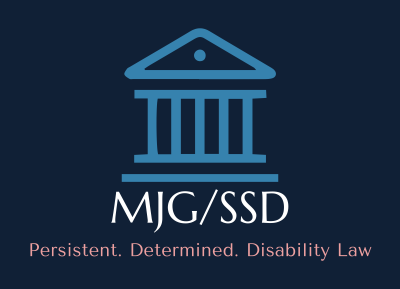Supplemental Security Income (SSI)
Understanding Supplemental Security Income (SSI) for Disability Claimants
Introduction:
Navigating the complex world of disability benefits can be challenging, especially for those grappling with health issues that impact their ability to work. Supplemental Security Income (SSI) is a vital program provided by the Social Security Administration (SSA) to offer financial support to individuals with disabilities who have limited income and resources. In this article, we will delve into what SSI is, who qualifies for it, and how disability claimants can benefit from this crucial assistance.
What is Supplemental Security Income (SSI)?
Supplemental Security Income, commonly known as SSI, is a needs-based program established by the federal government to provide financial assistance to disabled individuals with limited income and resources. Unlike Social Security Disability Insurance (SSDI), which is based on work credits, SSI does not require a specific work history. Instead, it is designed to assist those with disabilities who may not have worked or have a limited work history.
Eligibility Criteria:
To qualify for SSI, an individual must meet certain criteria set by the SSA:
1. **Disability Status:** The applicant must have a physical or mental impairment that prevents them from engaging in substantial gainful activity and is expected to last for at least 12 months or result in death.
2. **Limited Income and Resources:** SSI is a needs-based program, meaning that applicants must have limited income and resources. Income includes wages, Social Security benefits, and other sources, while resources encompass assets such as bank accounts and property.
3. **U.S. Citizenship or Qualified Non-Citizen Status:** Applicants must be U.S. citizens, nationals, or fall under the category of qualified non-citizens.
4. **Residency:** The applicant must be a resident of one of the 50 states, the District of Columbia, or the Northern Mariana Islands.
Applying for SSI:
The application process for SSI can be complex, and it's crucial to provide thorough documentation to support your claim. Key steps include:
1. **Contacting the SSA:** Begin the process by contacting the Social Security Administration to schedule an appointment either in person or over the phone.
2. **Gathering Documentation:** Prepare relevant documents such as medical records, employment history, and financial information to support your claim.
3. **Completing the Application:** Fill out the SSI application form carefully, providing accurate and detailed information.
4. **Medical Evaluation:** The SSA will assess your medical condition to determine if it meets the criteria for disability.
Benefits of SSI for Disability Claimants:
1. **Financial Assistance:** SSI provides a monthly stipend to eligible individuals, helping to cover basic living expenses such as food, shelter, and clothing.
2. **Access to Medicaid:** SSI recipients often qualify for Medicaid, which can assist with medical expenses, including doctor visits, hospital stays, and prescription medications.
3. **Supplemental Nutrition Assistance Program (SNAP):** SSI recipients may also be eligible for SNAP benefits, formerly known as food stamps, to ensure access to nutritious meals.
4. **Automatic Eligibility for Other Programs:** SSI eligibility often extends to other assistance programs at the state and local levels, providing additional support.
Conclusion:
Supplemental Security Income is a vital lifeline for disabled individuals with limited income and resources, offering financial support and access to essential services. Understanding the eligibility criteria and navigating the application process are crucial steps for disability claimants seeking the assistance they need. If you or someone you know is facing disability-related challenges, exploring the possibilities of SSI could be a significant step towards financial stability and improved quality of life.
